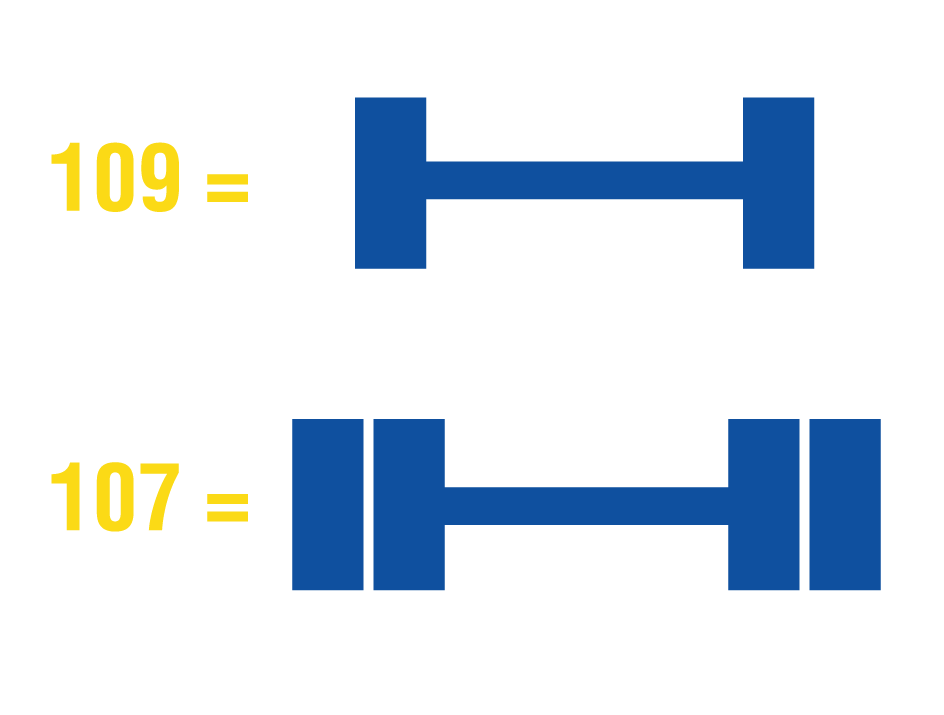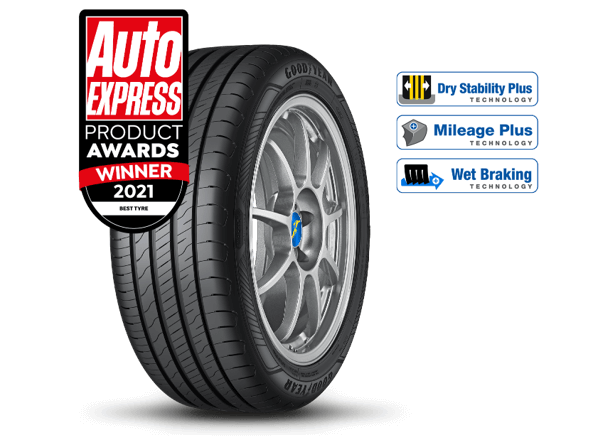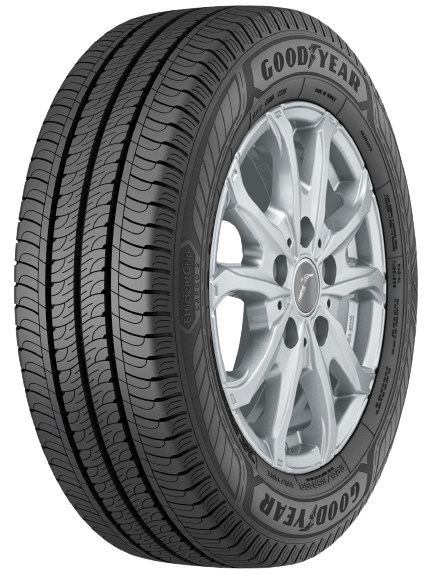Can You Fit Car Tyres to Vans or Van Tyres to Cars?
No, it is not advised to fit car tyres to vans or vice versa. Car and van tyres are specifically designed for purpose on the vehicle they are intended for. The right tyres for the right vehicle determine fuel efficiency, rolling resistance, can impact handling and braking – so it is always important to use the right tyres for the right vehicle. Consult your owners handbook to understand which sizes, load indexes and tyres of tyre are approved by the vehicle manufacturer for your van.



















